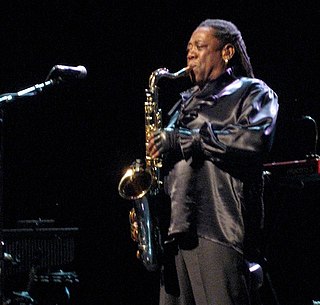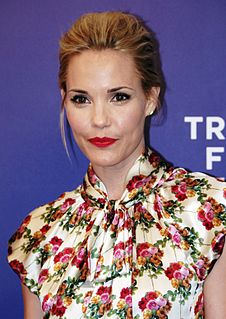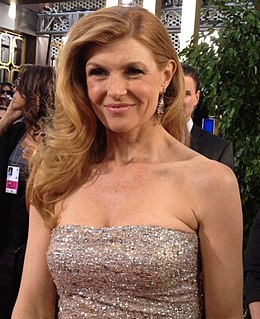A Quote by Walker Percy
I don't like to be described as a Southern writer. The danger is, if you're described as a Southern writer, you might be thought of as someone who writes about a picturesque local scene like Uncle Tom's Cabin, Gone With the Wind, something like that.
Related Quotes
Southern food that appears in contemporary popular culture is so exaggerated that it's hardly recognizable to most Southerners. This enriching of Southern food - fatter, richer, more over the top - is what we typically see on TV, in Hollywood films, and in Southern-style or country-themed chains like Cracker Barrel. Southern food becomes a caricature, like characters and props in a reality TV show.
My father was the editor of an agricultural magazine called 'The Southern Planter.' He didn't think of himself as a writer. He was a scientist, an agronomist, but I thought of him as a writer because I'd seen him working at his desk. I just assumed that I was going to do that, that I was going to be a writer.




































